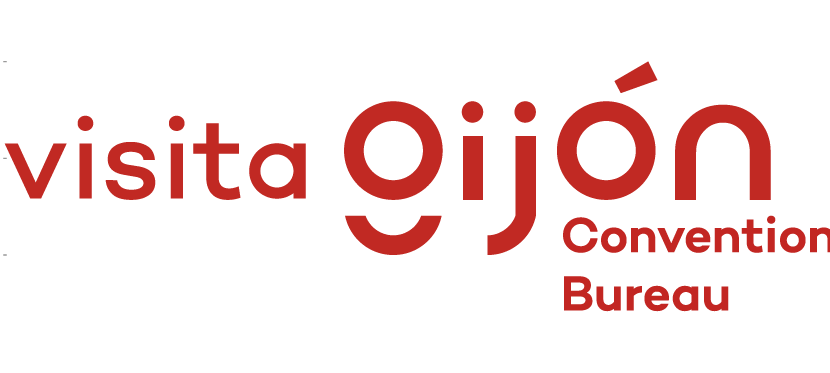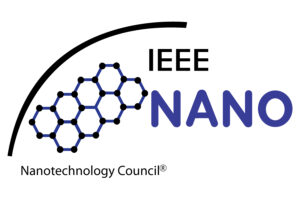On Monday July 8, IEEE NANO 2024 will offer a special LATAM Tutorial session titled Our motto: An extended bridge to Latin America (More info here), which reflects our commitment to fostering inclusivity and knowledge exchange across borders.
Remember, that this special session will take place in the beautiful building of Laboral Ciudad de la Cultura of Gijón (More info about the venue).
In today’s post for our blog, get ready to dive into an inspiring interview with one of the speakers of the Special Session “Our Motto: An extended bridge to LATAM”, Dr.Cholula-Díaz from the School of Engineering and Sciences at Tecnologico de Monterrey (Mexico).

Dr. Jorge Luis Cholula-Díaz received his doctoral degree from the University of Leipzig (Germany) in 2013. Since 2015, Dr. Cholula-Díaz has been research professor at the School of Engineering and Sciences at Tecnologico de Monterrey (Mexico). His scientific research is focused on the green synthesis of different types of nanomaterials (noble metals and metal oxides) with diverse applications in nanomedicine, electrocatalysis and photocatalysis. Dr. Cholula-Díaz is a member of the Mexican National Research System (SNI) and the Mexican Chemical Society.
In this interview, conducted by a Publicity Co-Chair Dr. Marta Wala-Kapcia from Wroclaw University of Science and Technology (Poland), Dr. Cholula-Díaz shares his valuable insights about sources of wisdom, qualities of lab team members,suggested changes for the scientific community, and expectations for this year’s conference edition.
Q: Could you please summarize your research careers in your own words? Can we ask for something a little more personal than the standard bio included in the abstract?
A: First, I would like to tell you that I´m very proud to be an invited speaker in the OUR MOTTO: AN EXTENDED BRIDGE TO LATIN AMERICA activity within the IEEE NANO 2024 Conference at Gijon, Spain.
With regard to my research career, I could tell you that I have 9 years of experience as an independent researcher at Tecnologico de Monterrey, or TEC, (Mexico). My research line is focused on the green synthesis and characterization of inorganic nanomaterials (principally, noble metals and metal oxides) and their applications in nanomedicine, energy, and environmental remediation.
Q: What was the book/paper (not necessarily scientific) that has brought your attention recently?
A: The book that is constantly in my daily life is the Bible. I consider it a book full of wise words not only for personal and familiar aspects, but also for professional purposes.
Q: The lab work always depends on the team – how do you choose who is working for you and what conditions do they have to meet to keep working with you?
A: Indeed, without a strong research team it is impossible to reach milestones. In the case of my research group at TEC, the Nanostructured Materials Lab (NSML), most of its members have been undergraduate students from the programs linked to Chemistry and Nanotechnology.
The main condition to be part of my team is that the students must show passion, dedication and to have initiative to find solutions to the difficulties inherent to the research work. Important to mention is that my former undergraduate students have won twice in the last 5 years the most prestigious award in scientific research at TEC and have been leading authors of several scientific papers published in journals indexed as Q1/Q2 in Scopus.
Q: What major shifts or trends do you anticipate in the field in the coming years?
A: I´m not quite sure about this answer. But it seems to be that nanotechnology must enter its next stage where more nanomaterials-based products are commercially available.
Q: If you would have a “magic wand” what would you change in the research community/scientific world if you could do that instantly?
A: To be honest, I do not believe in “magic wands”. However, I could tell you that my desire is that the scientific community pays more attention in two aspects:
- Quality over quantity, talking about scientific productivity;
- To emphasize that it is very important to make sure that our published results are highly reproducible.
Q: How did membership/volunteering with the IEEE/NTC impact your research career?
A: I´m new to participating in IEEE activities. However, I do believe that IEEE has a wide and strong network around the world. This implies that a member of an IEEE chapter could find key collaborators in many global universities and research institutions. This is relevant for researchers of those countries where the access to budgets and high-tech facilities are not guaranteed.
Q: Could you tell me about your expectations and what you hope to gain from IEEE NANO 2024?
A: I am sure that the IEEE NANO 2024 conference and the OUR MOTTO: AN EXTENDED BRIDGE TO LATIN AMERICA activity will allow me to connect with people with similar research lines and will establish new collaborations with researchers in Latin America.
Thank you once again for this interview and hoping to see you this summer in Gijón.
Thank you very much, Dr. Cholula-Díaz, and see you in Gijón!


